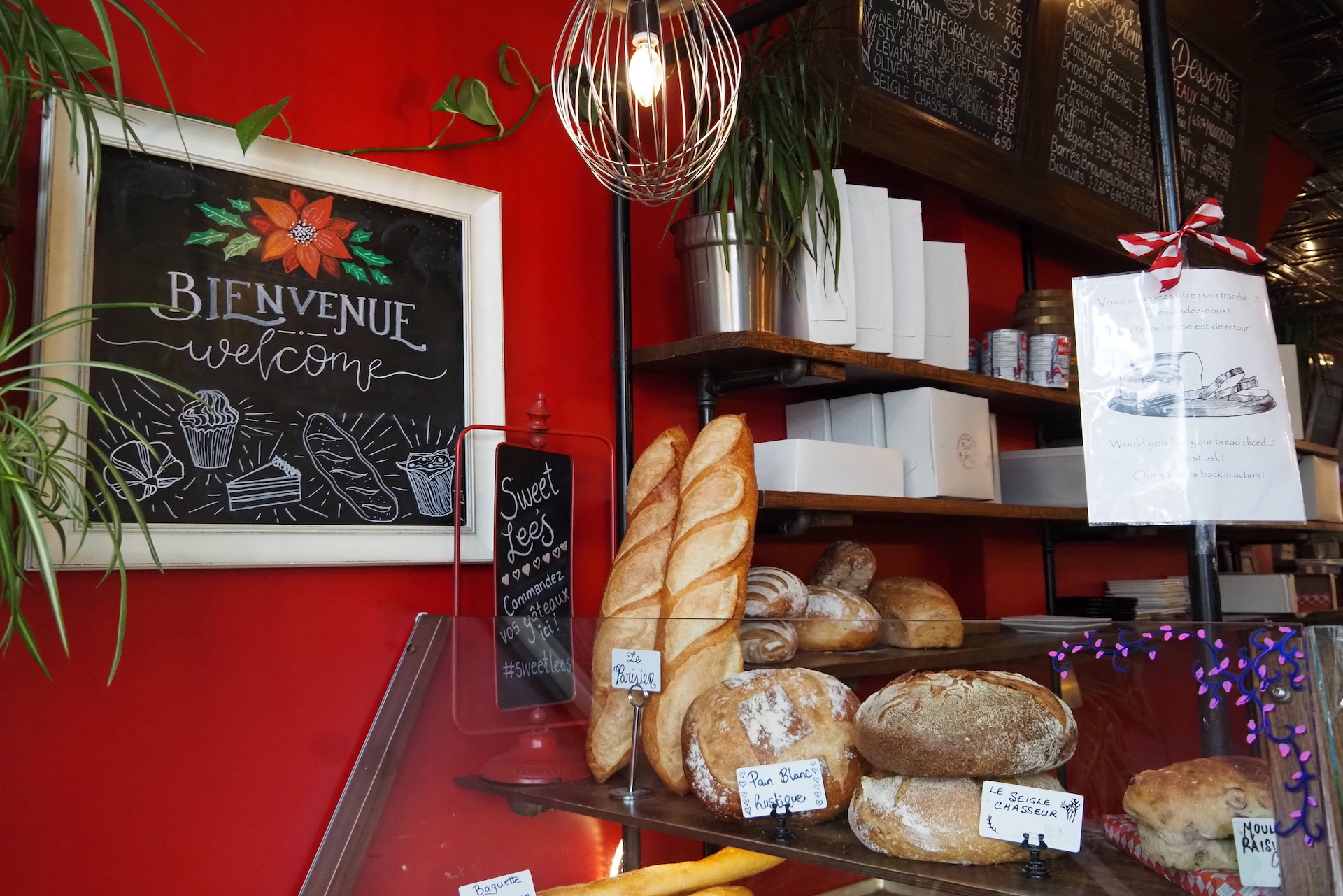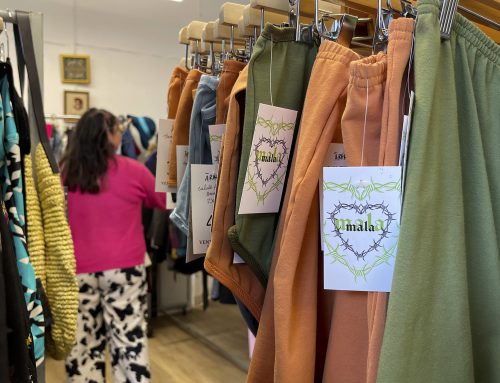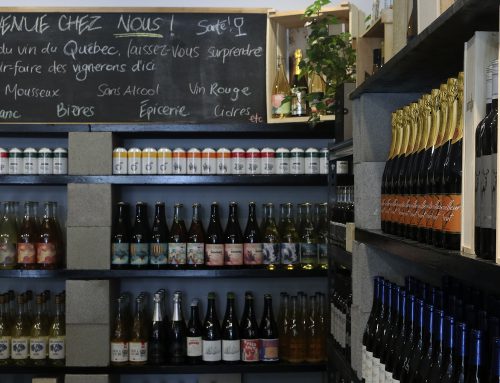BY Sheena Macmillan & Arthur Le Saux
“There is so much love that goes into having an at-home bakery, and the quality is amazing,” says Amanda Wan about her experiences ordering from home-based Montreal bakeries. “You can always go to a traditional brick-and-mortar bakery, but I personally find the communication and care for your order is never as personal as an at-home bakery.”
This customised care is exemplified by Janine Navar and her at-home bakery, Classics by Paupi.
“I really love my dad, so I was thinking of something to make for [his birthday],” Navar explains.
She knew her dad loved the Mango Supreme cake from Red Ribbon, a popular bakery chain in their native Philippines. It’s a round three layer sponge cake, filled with ripe mangoes and the bakery’s signature icing. She knew recreating it from scratch would be the perfect gift. This led to the opening of her business in December 2018.
Navar’s family aren’t a fan of buying cakes from the grocery store or conventional bakeries because the cakes usually don’t get finished, go bad and need to be thrown away.
“I was thinking of a cake that my whole family will love, and hopefully there’s not going to be any waste at all,” she says. “It was devoured.”
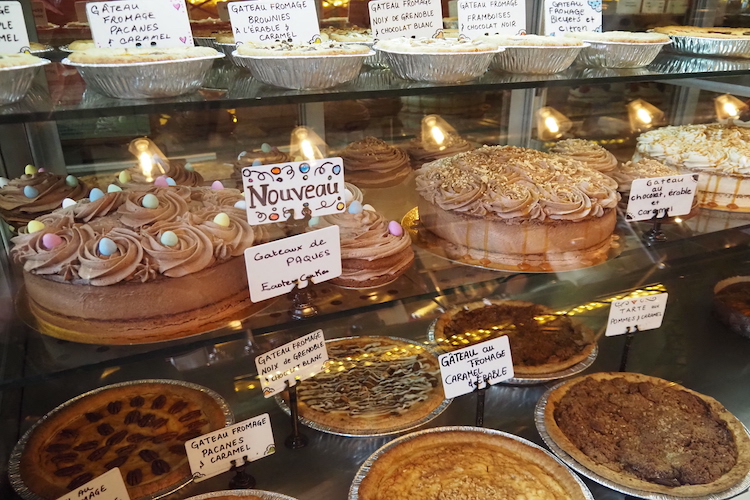
Ornately decorated cakes catch your eye as soon as you walk into Sweet Lee’s in Verdun. Photo by Sheena Macmillan.
Recreating this mango confection was Navar’s first time baking a cake. She currently works in quality assurance for a pharmaceutical company, but her educational background is in analytical chemistry. Even though working in a kitchen was new to her, her understanding of how ingredients work together came in handy. “I’m definitely leveraging that in my business,” she says.
After seeing how thoroughly her family enjoyed her creation, she posted pictures of the cake to social media. Her friends started inquiring what it was, and her husband encouraged her to try her hand at running an at-home bakery.
“I was baking for friends,” she says. “They started posting about it and other people started ordering from me and I was like, ‘You know what, this could be a thing.’”
Liana Steeles Lessard also started an at-home bakery. However, she was eager to move it into a traditional locale. Lessard is a part of the team behind Sweet Lee’s, a bakery in Verdun that’s been open for over a decade.
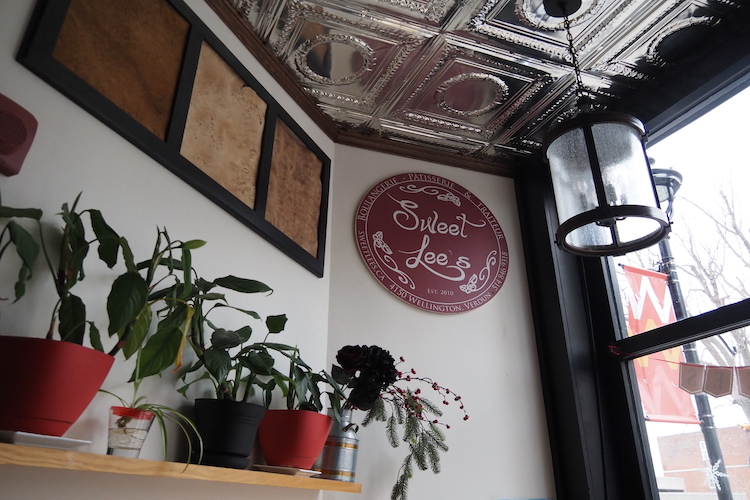
Sweet Lee’s has been feeding locals in Verdun for over a decade. Photo by Sheena Macmillan.
“It didn’t make much sense to be doing it at home. It was not an ideal scenario,” Lessard says. “We were very anxious to transition.”
While their set-up at home was working, Lessard didn’t want clients coming to their home to place or pick up their orders.
“We really needed to find a locale that would suit us and then be able to be proud and happy to have people come and pick up and place orders,” she says.
As an at-home bakery, Lessard made most of her business through wholesaling, catering, public markets, and events.
“Our goal was to be able to sell our products and have our own storefront, not just wholesale or not just cater or do events,” she says. “We really wanted to have our displays and everything like that, and be open daily to the neighbourhood.”
After being in business for over 10 years, Lessard pins her success to her family who help run the bakery.
“We made sure to support each other. It was all teamwork. With my brother and my mom, we made it together, we built from the beginning all together and then continued to support each other,” she says. “All we’ve been trying to do is bring a product that will make people kind of think of their grandma’s baking, in a way, with a twist.”
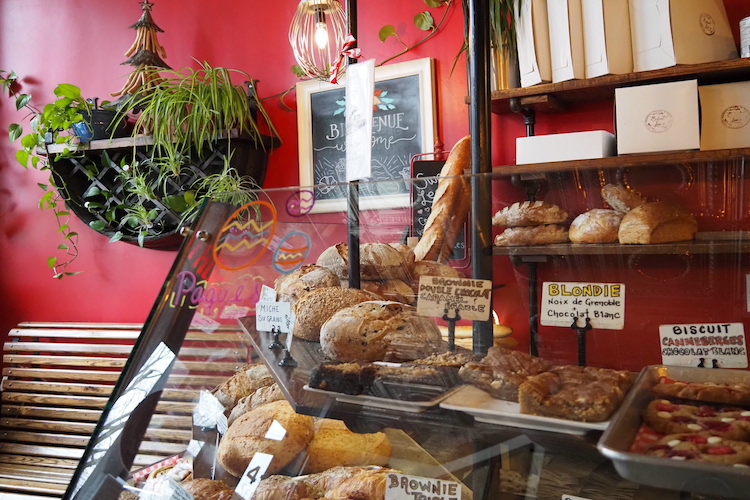
Freshly baked bread lines the display cases. Photo by Sheena Macmillan.
The biggest difference between running a traditional bakery compared to an at-home one is the need to maintain the storefront and its products. As products sell out, more need to be baked during the day to fill their display cases.
“It’s [about] continuously maintaining and making sure that clients are getting what they want and expect,” Lessard explains. “We also end up trying to maintain all of the line of products at most times of the day so that whenever somebody comes in the morning, or they come at night, they get a similar experience and they get what they’re looking for.”
This constant maintenance demands a bigger team than just Lessard’s family. Sweet Lee’s currently has a staff of 16. They’re operating at a different level compared to Navar’s staff of one.
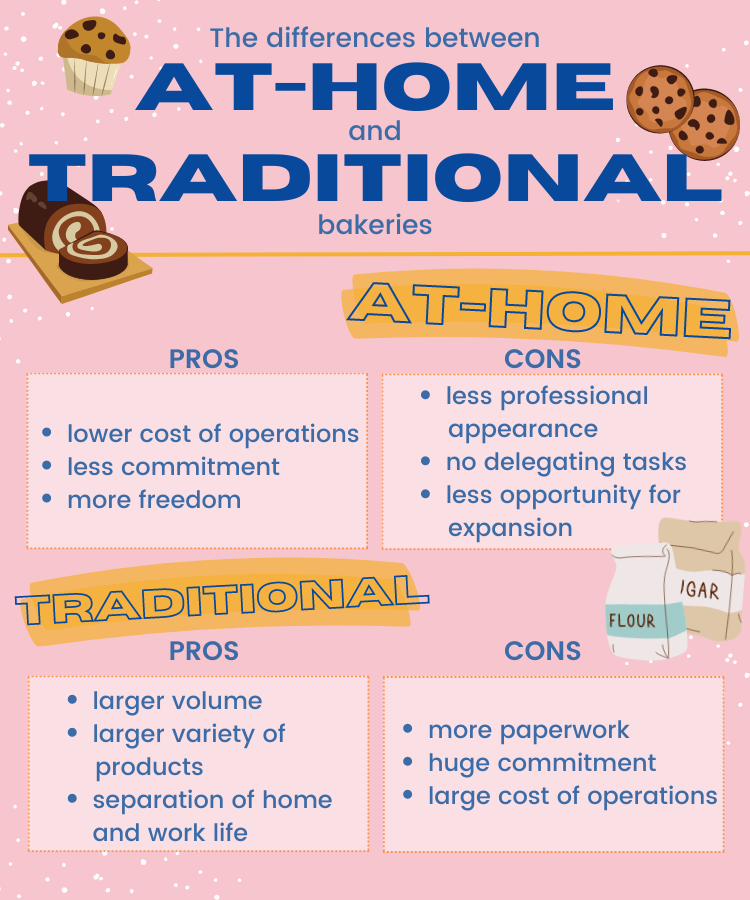
The differences between running an at-home or traditional bakery according to Janine Navar and Liana Steeles Lessard. Media by Sheena Macmillan.
After her first batch of mango cakes sold out, she knew she had something special on her hands. The timing was perfect, because Navar was trying to save money for her wedding after her parents bought a house.
“I chose to give up my life savings so that our family could purchase that house,” she says. “I was literally starting from ground zero in terms of my savings. The cake business definitely helped me on the side, on top of my full time job.”
Navar invests a lot of time into her cakes and doesn’t cut corners. If the order is being picked up in the evening, Navar will bake the cake early the same day. It starts with baking the sponge cake. Next comes the mango puree, which also calls for fresh mangoes. Then she whips together the cream cheese frosting and waits for the cake to cool before it can be assembled.
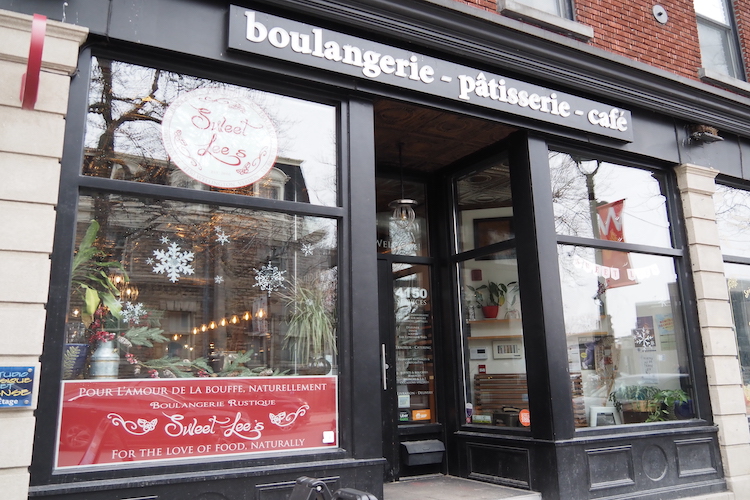
Sweet Lee’s is a place where regulars feel at home. Photo by Sheena Macmillan.
Navar’s experience and dedication means customers can depend on her product. Shivani Patel, who bought a custom birthday cake from another Montreal-based at-home bakery, didn’t have such a positive experience.
What drew her to an at-home bakery over a traditional bakery was the freedom she’d have when choosing a design. She also knew it would be more affordable.
“I wasn’t satisfied with the final product to be honest, it didn’t taste that good and it wasn’t cute enough either,” she says. “I was pretty disappointed, but the baker was young and I don’t think had professional training. I recognize it’s not that easy.”
Over the four years she’s been running Classics by Paupi, Navar admitted she’s improved a lot.
Her decorating skills have also come a long way.
“I was really scared,” she says about her first custom cake order. “I almost didn’t want to accept the order, but I took a leap.”
That was in 2019, and customers continue to ask for that same design.
When the pandemic hit, Navar put her bakery on hiatus. She didn’t restart operations until around the same time restaurants reopened their doors in March 2022.
Will vacant commercial real estate downtown come back in the hands of restaurant owners? Video by Arthur Le Saux.
“I was scared to bake during COVID,” she says.
She worried about putting a product out there that might get someone sick, and wanted to avoid that at all costs. Her work in quality assurance, however, allows her to be confident in what comes out of her kitchen.
“My full time job is a lot of knowledge on food allergens and cross contamination,” she said. “My space has to be clean and sanitized. Anytime I use a tool, I make sure that it’s properly cleaned to avoid cross contamination.”
Her cakes do contain common allergens like dairy and eggs. But other allergens like seafood and peanuts don’t come close to her product.
Navar was planning on quitting her full-time job after her maternity leave ended to pursue this endeavour, but instead she’s decided to continue with things as they are, solely running her business at-home and online.
She sells her cakes at a really low margin, and wants to find a way to make her business sustainable and profitable.
“I really love baking and cooking,” she said. “When I do it, it doesn’t feel like I’m working at all.”
